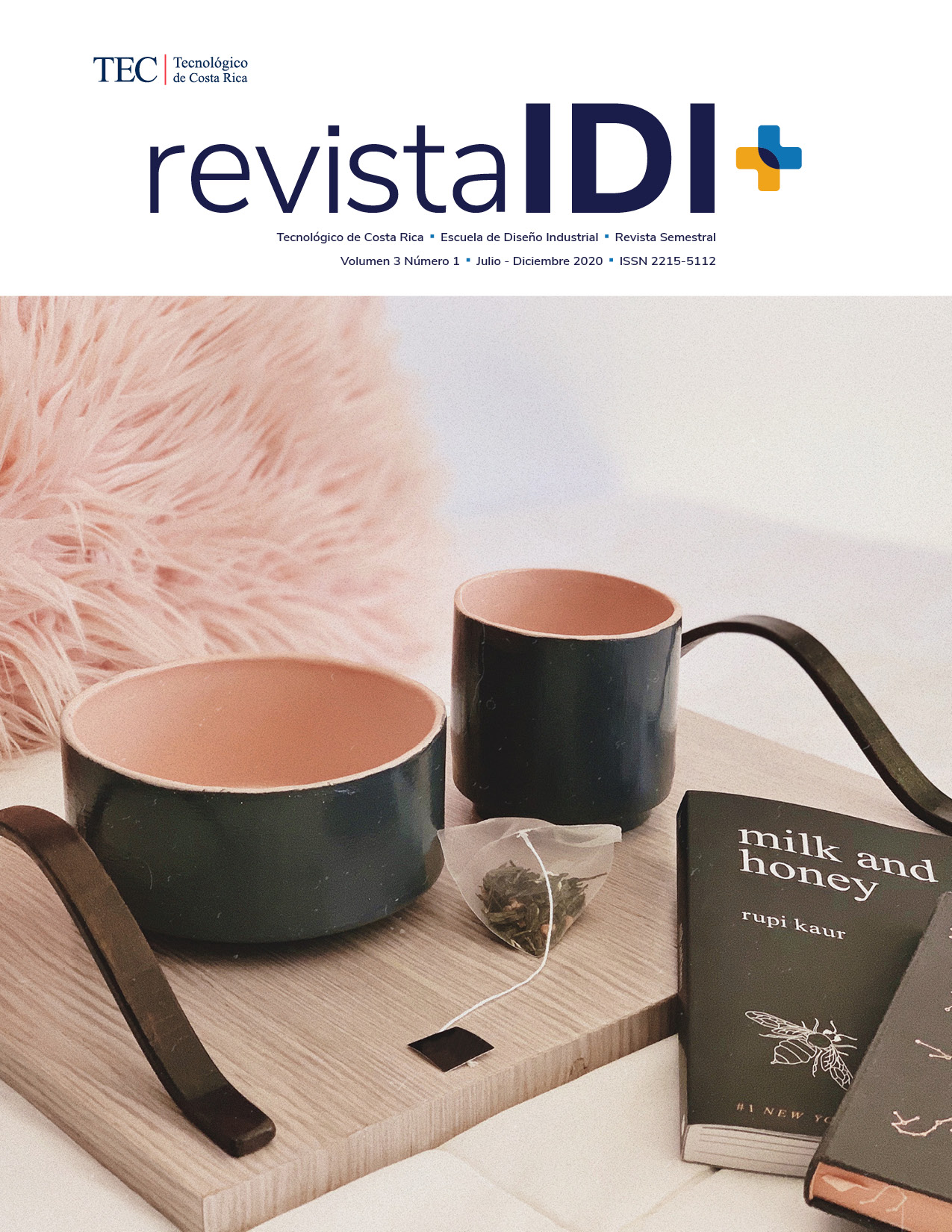Reusable menstrual pads design strategy as a proposal for increasing female empowerment and environmental awareness
Main Article Content
Abstract
This article aims to show the design process of a reusable sanitary pad, as an option for women who are environmentally conscious, given the problems that are caused by the constant use of disposable products during the menstrual period.
To achieve this, an in-depth analysis was carried out, based on the strategic product methodology, which took into consideration four different scenarios and showed the final product as an integral development entity that does not coexist in isolation, but rather is part of a ecosystem.
The final result was the design of a reusable sanitary pad, made with textiles, which has a self-contained system that gives the user the opportunity to be individual, guaranteeing a better user experience. In addition, it was proposed as a strategy to have three types of points of purchase in which the direct contact of users who had already tried the product is promoted as the main axis. It will generate a more intimate approach between the user and the product and also with other women. At the proposed meetings, the first point of sale, we try to ensure that users share experiences, both positive and negative, and to create an atmosphere of trust and empathy. Also in the other two points of sale: fairs and virtual store, it is intended to emulate this feeling with women so in any of the options chosen, they can always perceive that it is a product adapted to their needs.
Through the design of the reusable sanitary pad, it is possible to contribute to the reduction of the environmental impact generated around the menstrual cycle. Likewise, the proposed market strategy encourages female empowerment since the menstrual period continues to be poorly treated even among women.

